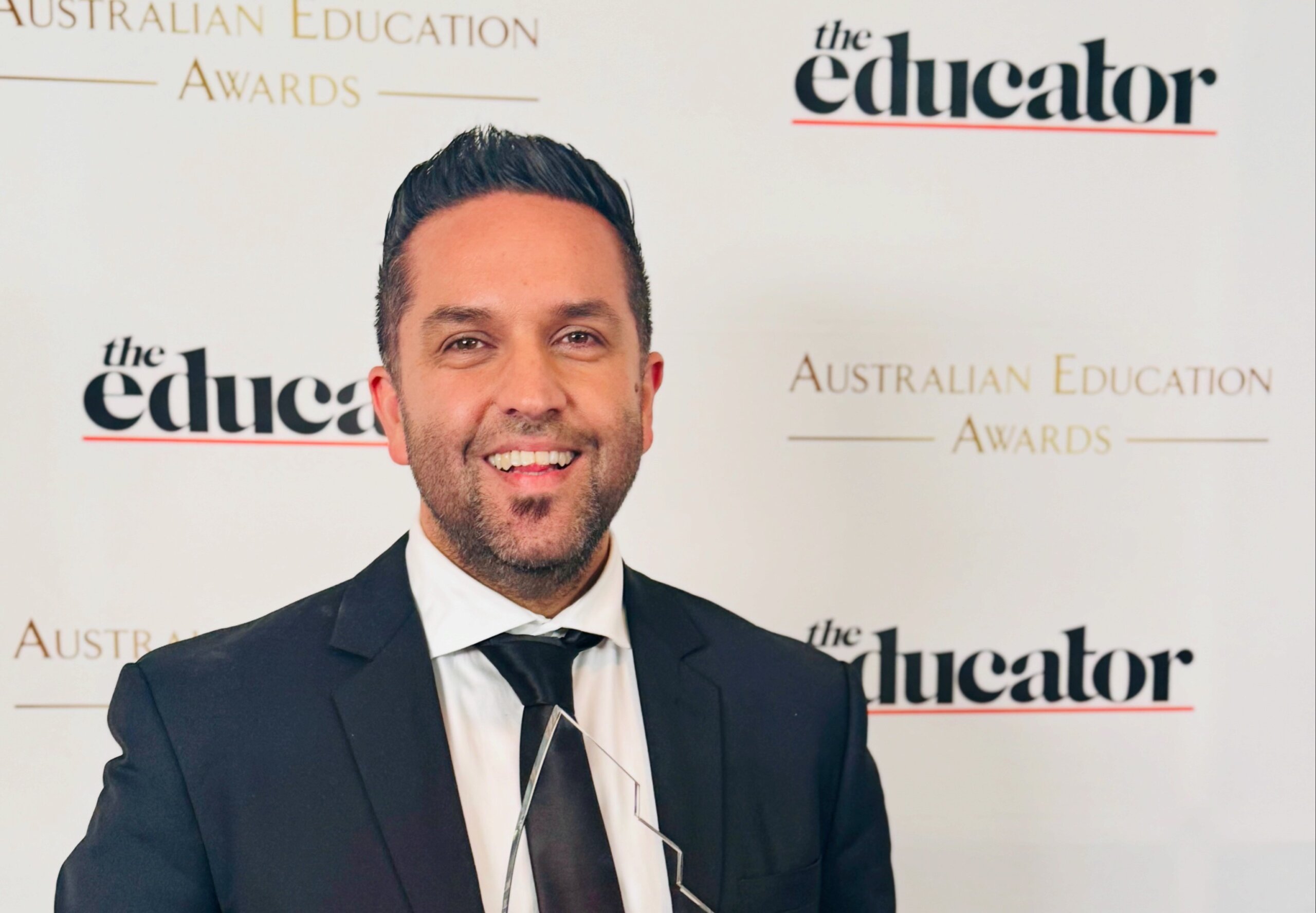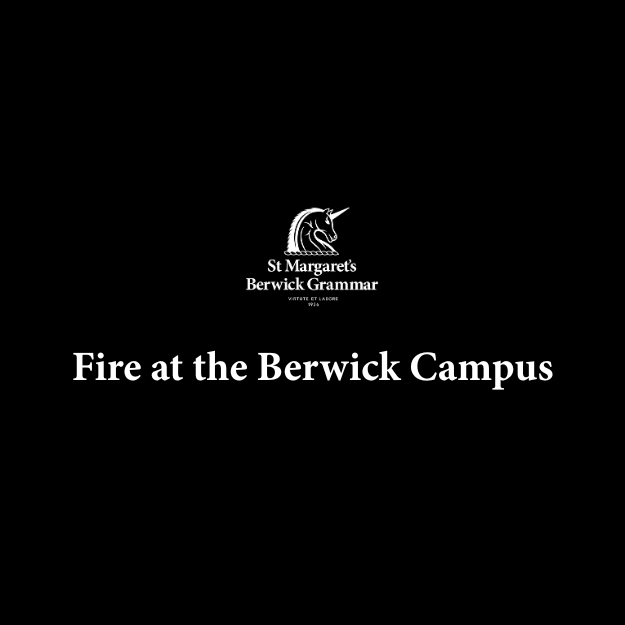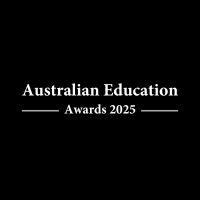
From the Principal – Friday 29 March
Our commitment to making the world a better place
In this reflection, I draw on comments I have made earlier. The last week or so have seen some very challenging events in our part of the world. Recent events in New Zealand have highlighted the importance of communities engaging with communities outside their own so that people move beyond tokenistic and shallow engagement to genuine understanding. In the intercultural understanding space, this is often referred to as moving beyond the Fs (fashion, food, folklore, famous people, flags and fundraising). We also need to ensure that ALL students (and staff) have an opportunity to develop as global citizens – not just those that have international experiences. As a School community it is incredibly important that we articulate and make public our understanding of and commitment to a concept such as global responsibility.
Being prepared to be open, receptive and learn from and with others is a mindset. Too often engagement with other communities centres around “how can we help others” rather than “what can we learn from others?” or “how can we remain apart?” rather than ”how can we live together?” Where the broader community is one with a different culture, such a hegemonic approach is one from which neither community is likely to benefit. ‘Culture’ may be defined as the set of distinctive spiritual, material, intellectual and emotional features of a society or social group; in addition to art and literature, lifestyles, ways of living together, value systems, traditions and beliefs[i]. School organised experiences that link students to individuals in other countries or with different demographic attributes could perhaps better embrace the concept of ‘two-way learning’. How can we learn about, from and with those that are different to us?
So, how do schools develop authentic engagement? One approach is to take the time to share stories: about life, ideas, hopes and fears. This can serve to make the ‘other’ more like ‘self’. It also reduces the likelihood of students having experiences that cause then to remain in their own cultural bubble. Experiences where young people undertake an activity, but return from the activity relatively unchanged or just with a great relief to be home teach little. If nothing has changed, no-one has learnt anything. Spending time listening to others, sharing one’s own stories and giving space and time to the opportunity to consider whether thinking has changed may go some way to addressing this most important area of school operations.
The importance of such opportunities has become, for the very worst of reasons, suddenly incredibly important.
Ms Annette Rome
Principal
[i] UNESCO Guidelines on Intercultural Education. (2007). Retrieved April 7, 2017, from http://unesdoc.unesco.org/images/0014/001478/147878e.pdf






